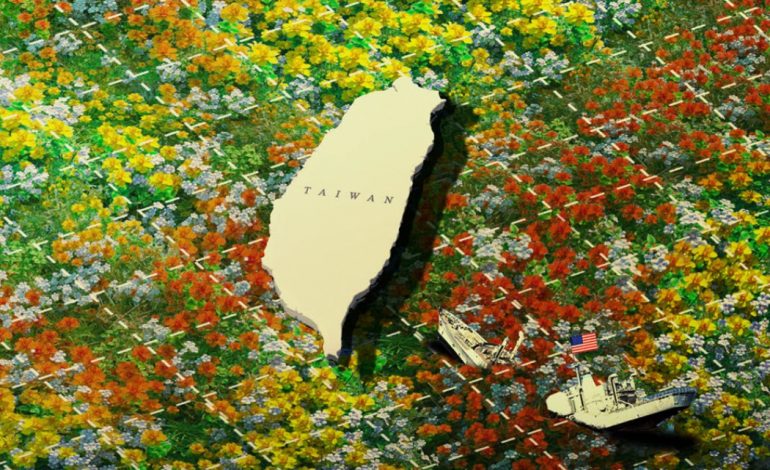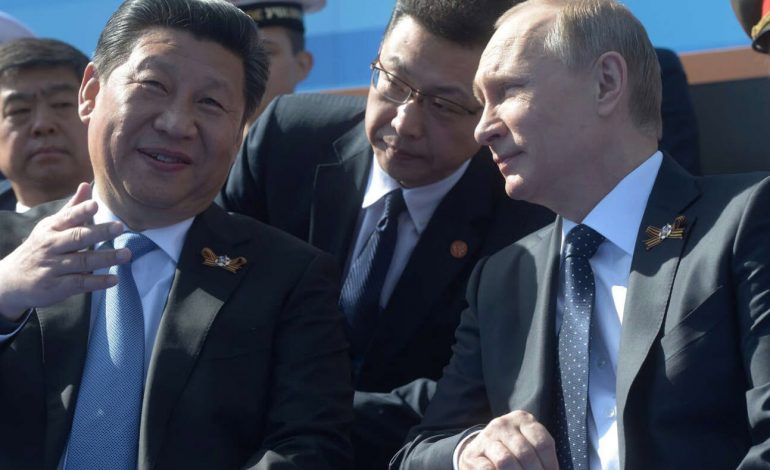
War-Gaming Taiwan: When Losing to China Is Winning
By Jeremy Sepinsky, the lead war game designer at CNA,
and Sebastian J. Bae, a research analyst on CNA’s gaming and integration team
03 April 2022
EXCERPTS
***In 2030, Beijing reaches a deadly decision: reunification with Taiwan at any cost. Cyberattacks plunge the island into darkness, confusion, and fear. A rain of missiles overwhelms Taiwanese defenses, destroying military bases and communications infrastructure. At sea, the Chinese navy surrounds the country as hundreds of landing craft speed across the Taiwan Strait. As U.S. warships close in, they are overwhelmed by missiles, torpedoes, and drones. Videos of the Chinese blitz and sinking U.S. ships flood the internet. The demoralized Taiwanese decline to raise arms against the Chinese forces storming their shores.***
In the words of U.S. Air Force Gen. John Hyten, the U.S. side “failed miserably” during a 2020 war game that reportedly involved a Chinese assault on Taiwan. (The exact scenario remains classified.) But that result wasn’t the disaster it was made out to be by the press. Failure in a war game is a common feature, not a bug. Hyten’s remark proved the game had been a success. “[W]e have to make sure that we fail, and we fail quickly, and we learn from our failures and move fast,” he added in the same speech. When military leaders are unwilling to accept failure, they drive the entire Defense Department toward stagnation and safe bets, opening a window of opportunity for adversaries. The war game is a safe environment for failing fast—and learning to succeed.


